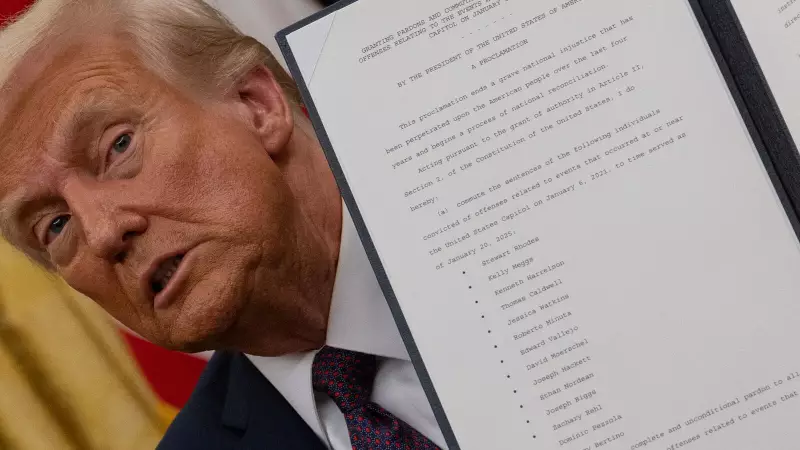
In a dramatic escalation of trade tensions, former US President Donald Trump has threatened to impose staggering 155% tariffs on Chinese imports if he returns to the White House. The declaration came during a campaign rally in South Carolina, signaling a potential return to aggressive trade policies that characterized his previous administration.
Campaign Trail BombShell
While addressing supporters in Conway, South Carolina, Trump didn't hold back his intentions toward China. "We have to do it," he asserted, referring to the massive tariff proposal that could fundamentally reshape US-China economic relations.
The Numbers Behind the Threat
The proposed 155% tariff represents one of the most aggressive trade measures ever contemplated in modern US economic policy. To put this in perspective:
- Current average US tariff rate on Chinese goods: approximately 19%
- Trump's previous tariff rates during his presidency: ranged from 7.5% to 25%
- The new proposal represents a more than 600% increase from previous levels
Economic Earthquake in the Making
Financial analysts are warning that such drastic measures could trigger:
- Immediate price increases for American consumers on electronics, clothing, and household goods
- Potential retaliation from China targeting US agricultural exports
- Disruption to global supply chains still recovering from pandemic-era shocks
- Increased inflation pressures on the US economy
Political Timing and Implications
The tariff threat comes at a crucial moment in the 202 presidential race. Trump's hardline stance on China resonates with his political base, even as economists question the practical implications. The former president framed the proposed tariffs as essential for protecting American jobs and industries from what he called "unfair trade practices."
Global markets are watching closely as these developments unfold. With US-China relations already strained over technology transfers, Taiwan, and human rights issues, the trade dimension adds another layer of complexity to one of the world's most important bilateral relationships.
As the political campaign intensifies, the specter of renewed trade wars looms large over the global economy, with businesses and governments alike bracing for potential turbulence ahead.





